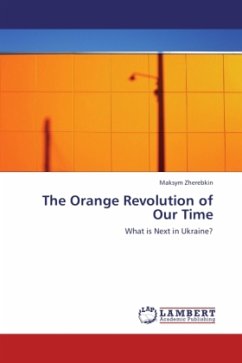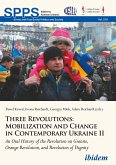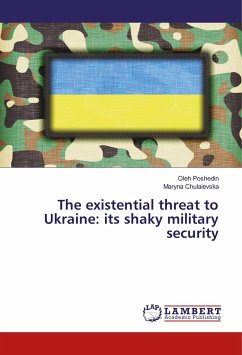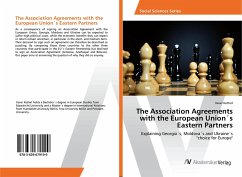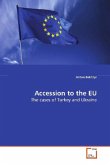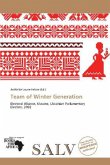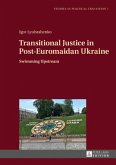The political practices of the Orange revolution clearly demonstrated the significance of the affective dimension of the political, emphasized in Laclau and Mouffe s discourse theory but often insufficiently taken into account within the existing literature on Postcommunism. This work examines the Orange revolution as a hegemonic transition based on Laclau s theory of hegemony. This allows one to articulate not only a more realistic outline of the landscape of political practices relevant for today and tomorrow's developments, but also to synthesize a critical/ethical approach to the contemporary democratic movements in the region.
Bitte wählen Sie Ihr Anliegen aus.
Rechnungen
Retourenschein anfordern
Bestellstatus
Storno

